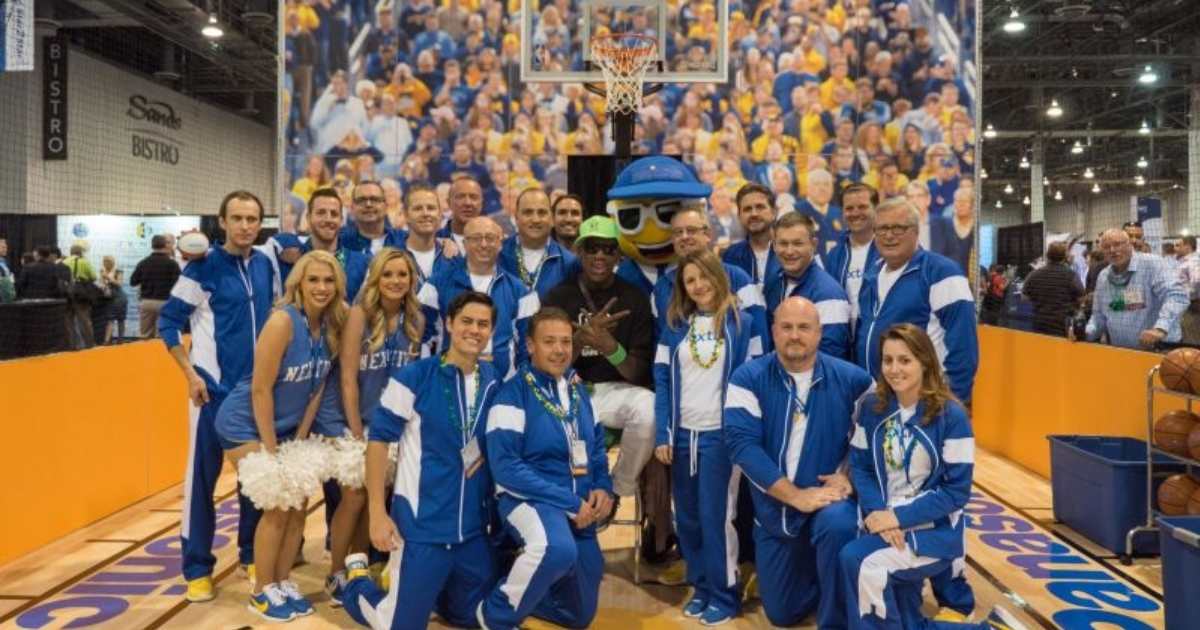It’s no secret that generative AI is transforming how knowledge workers operate. Whether it’s writing, research, or creative ideation, AI-powered tools like ChatGPT, Copilot, and Gemini have made tasks easier, faster, and more efficient. But as AI seamlessly integrates into workflows, a new concern emerges: What happens to critical thinking when AI takes over cognitive labor?
A new study by researchers from Carnegie Mellon University and Microsoft Research, titled The Impact of Generative AI on Critical Thinking, reveals a fascinating paradox: While AI reduces the effort required for many cognitive tasks, it also risks diminishing independent thought. Entrepreneurs and business leaders, who thrive on sharp decision-making, must pay close attention.
The AI Confidence Trap
The study surveyed 319 knowledge workers who regularly use AI in their jobs. One of the key findings? Higher confidence in AI correlates with less critical thinking, while higher confidence in one’s own skills leads to more critical thinking.
Think about it: When you trust AI-generated content without question, you’re less likely to challenge, verify, or refine the information. This can be dangerous, especially for entrepreneurs who rely on creative problem-solving, strategic planning, and nuanced decision-making. The efficiency of AI can lull users into a passive state—one where they accept outputs at face value instead of engaging deeply with the material.
The Shift from Execution to Oversight
As AI handles more of the “doing,” knowledge workers are transitioning from task execution to task oversight. This means they spend less time generating content and more time verifying, integrating, and editing AI outputs. On the surface, this might seem like an ideal scenario—AI does the heavy lifting, and humans act as quality control.
But here’s the catch: The study found that many users struggle with this oversight role. AI-generated content often sounds polished, making it harder to detect inaccuracies. Additionally, users who lack deep expertise in a subject find it difficult to verify AI’s outputs, leading to blind acceptance of information that seems correct but may not be.
For entrepreneurs, this raises an important question: If AI shapes your ideas, strategies, and decisions without sufficient scrutiny, are you truly thinking critically—or just rubber-stamping AI’s work?
The Danger of Cognitive Atrophy
The phenomenon isn’t new. Historically, every major technological advancement—calculators, the internet, even word processors—sparked concerns about cognitive atrophy. When machines take over mental labor, humans risk losing the ability to perform those tasks independently.
In AI’s case, the concern is even greater. Unlike calculators, which perform a clear function, AI doesn’t just assist—it suggests. It generates responses that feel authoritative, even when they are subtly flawed. If knowledge workers rely on AI without critical engagement, their ability to independently analyze, synthesize, and evaluate ideas could deteriorate over time.
How Entrepreneurs Can Maintain Their Edge
- Verify, Don’t Just Accept – Even if AI-generated content looks polished, cross-check it against trusted sources. Take time to fact-check, especially for strategic business decisions.
- Stay in the Creator’s Seat – Use AI as a brainstorming tool rather than a final authority. Edit, refine, and challenge AI outputs instead of copying and pasting them.
- Cultivate Expertise – The study found that those with deeper domain knowledge were better at critically engaging with AI outputs. Entrepreneurs should continuously develop their skills to avoid blind reliance on AI.
- Encourage Critical Thinking in Teams – If AI is part of your company’s workflow, train your employees to question its outputs. Make fact-checking and analysis a core part of your company culture.
- Use AI to Enhance, Not Replace, Thought – AI is an incredible tool, but it should support—not replace—human intelligence. The best leaders will find ways to leverage AI while maintaining strong independent thinking skills.
Final Thoughts
AI is here to stay, and its impact on business is undeniable. But as this study highlights, entrepreneurs and business leaders must be mindful of how they use it. The risk isn’t just AI making mistakes—it’s people becoming less critical, less engaged, and ultimately, less capable thinkers.
If the future belongs to those who think differently, then the challenge is clear: Don’t let AI think for you—let it push you to think better.












